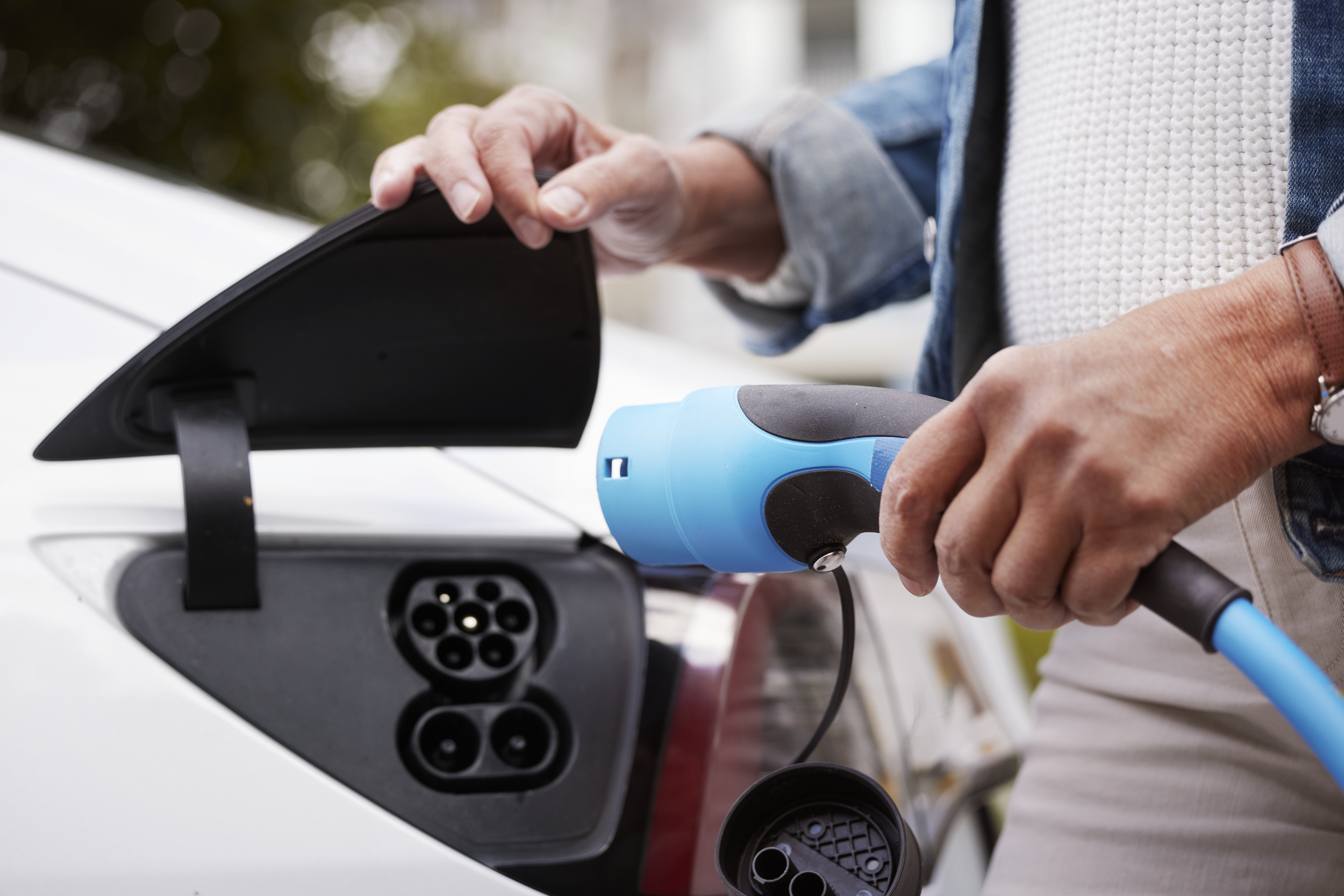FFI Zero Emissions contributes to achieving FFI’s objectives by working towards achieving net zero emissions and by making the use phase of zero-emission vehicles more sustainable. This includes both road vehicles as well as plant and industrial utility vehicles.
Challenges that have been identified within the sub-programme
A holistic perspective: accelerating the transition to zero-emission vehicles demands a holistic approach to the vehicle and its societal role.
Energy efficiency, resource efficiency and cost-effectiveness: a user-centred perspective is vital to achieving resource- and energy-efficient solutions for zero-emission vehicles. This includes digital solutions, choice of vehicles and how they are used
Energy supply:zero-emission vehicles and associated infrastructure present challenges in terms of their operation, energy supply and energy security.
Focus areas
- Policy development that keeps pace with technological and societal developments, thus enabling the more rapid implementation of necessary measures/technologies.
- Hardware and software optimisation, for example new hardware and electrical/electronic architecture, in vehicles as well as charging and refuelling infrastructure.
- New, relatively unexplored technologies, for example, using vehicles for energy storage or as flexible resources, or other areas with significant potential for achieving FFI’s impact goals.
- Optimised energy efficiency in vehicles in the use phase.
- Power electronics in vehicles and infrastructure.
Call for proposals
Here you can find our call that is open
Roadmap
Contact
Chairman: Jenny Elfsberg
Program manager: Emma Westsson, Energimyndigheten
emma.westsson@energimyndigheten.se
Deputy Program manager: Gabriel Granström, Energimyndigheten
Members
Anders Källström, AB Volvo
Tiva Sharif, Scania
Maria Bernander, Volvo Cars
Fredrik Sidahl, FKG
Anders Lewald, Energimyndigheten
Helene Lindblom, Trafikverket
Malin Eklund, Vinnova

